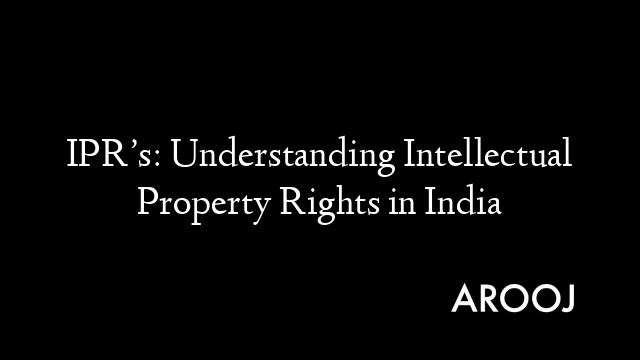Divorce mediation in India is increasingly recognized as a preferable alternative to traditional court litigation, providing a platform for couples to amicably resolve disputes with the assistance of a neutral third party, the mediator. This process encourages open and respectful communication, enabling parties to explore various settlement options creatively and with greater flexibility.
The procedure begins with both parties agreeing to participate voluntarily and selecting a qualified mediator. It usually occurs in a neutral setting, like the mediator’s office, to foster a comfortable atmosphere for discussions. Mediation covers a wide range of issues, including asset division, child custody and support, and spousal maintenance, aiming for a comprehensive agreement that meets both parties’ needs.
The advantages of mediation are notable, encompassing cost and time efficiency, confidentiality, stress reduction, and the promotion of amicable post-divorce relationships, especially important when children are involved. Mediation empowers the parties to maintain control over the resolution of their disputes, unlike in court proceedings, where outcomes are determined by a judge. However, it’s important to acknowledge that mediation may not be suitable for all, particularly in situations involving domestic violence, significant power imbalances, or an unwillingness of one party to cooperate.
In India, the legal framework supports mediation, especially under the Family Court Act, 1984, which mandates efforts towards settlement before litigation. This not only aligns with the judiciary’s role in facilitating amicable dispute resolution but also reflects a broader understanding of the benefits of mediation in preserving family relationships and reducing the courts’ burden.
Selecting the right mediator is crucial and involves considering qualifications, neutrality, communication skills, compatibility with both parties, cost, availability, and references. The mediation process is structured to encourage dialogue, with stages including introduction, opening statements, joint discussions, private caucuses, negotiation, and finalizing the agreement, which then may require court approval for legal validity.
Ultimately, mediation represents a shift towards a more collaborative and respectful approach to resolving matrimonial disputes, embodying the principles of fairness, flexibility, and mutual respect. It offers a pathway to resolving conflicts with dignity and empathy, paving the way for healthier transitions into post-divorce life.
